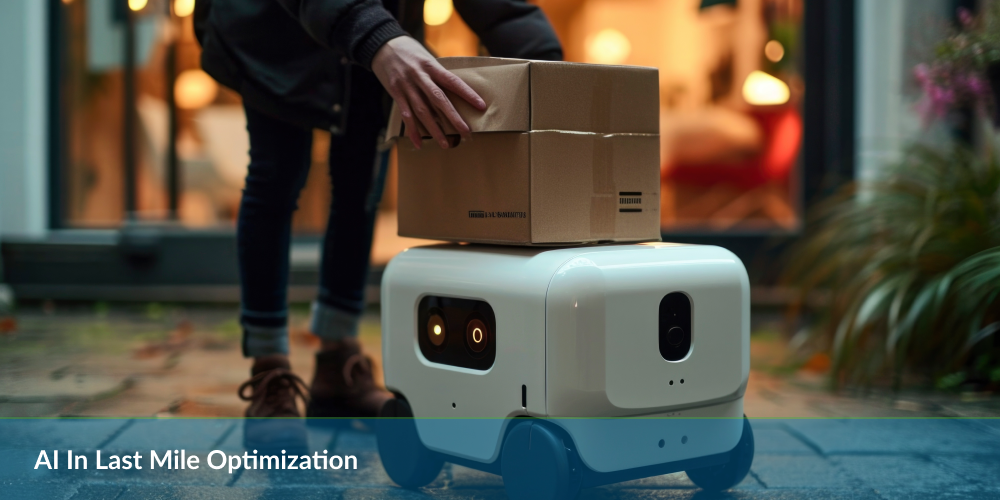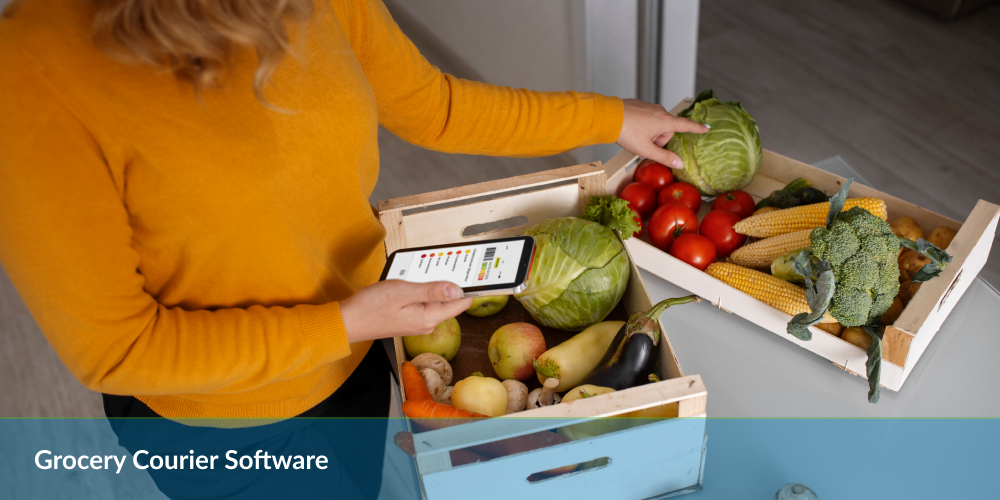Table of Contents
Inflation, the Russia-Ukraine conflict, lack of skilled workforce, and increasing fuel prices are some of the reasons behind the paradigm shift in how businesses deliver products to their customers today. 2022 has already witnessed a surge in the number of large and bulky goods delivery businesses that use digitized supply chains to fulfill the increasing customer demand.
So, if you own a large and bulky goods delivery business, you will agree that 2022 was a very challenging year, and the struggle might amplify in 2023. Though shipping challenges are likely to be resolved in 2023, there is still a chance that large and bulky goods delivery businesses might need help tackling all that comes their way.
In this article, we will look at some of the most crucial trends in large and bulky goods delivery in 2023, and you can use the information to formulate a winning strategy for your business. So, without further ado, let’s dive right into the details.
Supply Chain Challenges Will Remain in 2023
Major large and bulky goods delivery businesses will face supply-chain-related challenges in the next twelve months. The effects of the global pandemic and war conflict will continue to plague the supply chains as a large chunk of large and bulky goods are imports.
Expensive cargo capacity, clogged ports, and urgent shipments suffered during the COVID-19 pandemic, and this trend is still prevalent thanks to the Russia-Ukraine crisis. These supply chain challenges won’t be resolved overnight. Still, if the delivery businesses invest in the proper delivery management software, they can overcome them and gradually see the issues evaporate in the following months.
Delivery Businesses Will Embrace Flexible Logistics
One mode of transportation doesn’t fit all products; therefore, fresh and old supply chain challenges will push the large and bulky goods delivery businesses to move away from tried and tested methods.
They are likely to embrace flexible solutions that embrace multiple modes of transportation for different types of products. In addition, large and bulky goods delivery businesses are getting better at predicting supply chain disruptions and constantly reinventing their shipping strategies.
On top of that, they also embrace cloud-based delivery management solutions to gain complete oversight of their delivery partners.
Businesses Will Focus on Reducing Their Carbon Emissions
Modern-day customers are concerned about their purchasing decisions’ environmental impact. They are interested in knowing the carbon footprint of their activities and what steps they can take to mitigate it.
So, purpose-driven brands that prioritize taking sustainability initiatives and are transparent about their values will attract more customers in 2023. One of the prominent areas where brands can focus on reducing their carbon footprint is finding ways to optimize their last-mile deliveries.
Large and bulky goods delivery businesses can easily pursue this activity by opting for an AI-powered delivery management software that offers dynamic route optimization, generates digital proof of delivery, automates the job assignment process, and eliminates paperwork by bringing all the processes onto a cloud-based platform.
Brands Will Switch to Sustainable Packaging
As discussed above, customers consciously look for brands committed to providing sustainable alternatives to their everyday shopping experience. The trends of looking out for sustainable packaging will grow in 2023, and if you own a large and bulky goods delivery business, it is imperative to look for sustainable packaging measures.
In fact, customer demand isn’t the only catalyst to push for sustainable packaging. Packing materials contribute significantly towards increasing carbon emissions, and as a delivery business, you can leverage existing or reusable packaging materials to identify yourself as a purpose-driven brand.
Brands Will Focus on Providing Transparent and Accurate Delivery Times
Offering accurate ETAs is easier said than done. Though delivery businesses struggle to achieve this feat, they can excel by integrating a robust delivery management system into their technology stack.
Customers love it when they receive precise delivery dates, and the brands can capitalize on this to nurture customer loyalty and help buyers build an emotional connection with the brand. As a delivery business, you can bring a customer’s mind to ease by informing them about any delivery delays.
Moreover, one bad experience will deteriorate a customer’s trust in the brand, and they will switch to another brand in no time. So, a large and bulky goods delivery business should work towards building confidence and transparency by giving accurate ETAs for each order, thus, overcoming the logistics challenges in the process.
Delivery Businesses Will Focus on Capacity Management
Sending goods in a truck is easy, but sending maximum goods by optimizing the space in a truck separates a regular delivery business from a successful one. Retailers are constantly looking for ways to reduce their shipping costs, and a delivery business can fulfill this gap by leveraging the capacity management feature of a delivery management system.
Capacity management or load balancing means you can distribute the inventory into different fulfillment centers and save money when shipping them. Not only does it help you transport the right product in the right vehicle, but it also improves the efficiency of the delivery process.
There Will be an Increase in Third-Party Logistics Partnerships
Traditionally, outsourcing shipping to third-party logistics (3PL) service providers were considered a solution for enterprise-sized businesses. However, with the mourning pressures in the delivery businesses, 3PL partnerships seem to be the next major trend in 2023.
The 3PL market is constantly growing every year, and more large and bulky goods delivery businesses will consider outsourcing their delivery services to reduce the pressure on their in-house logistics teams and control costs.
By combining 3PL with a delivery management system, large and bulky goods delivery businesses can integrate multiple tasks like picking up goods from a warehouse, delivering the product to the customer, and providing after-sales installation support from a single dashboard.
They can also measure the effectiveness of their operations with in-built analytical capabilities and help the businesses continue or eliminate partnerships based on the success they achieve during a particular run.
3PL service providers also give you easy access to untested markets without investing hundreds or thousands of dollars into research and infrastructure requirements. So, if you are operating a large and bulky goods delivery business, you can opt for 3PL service providers to diversify the risk and establish successful working relationships with multiple shipping companies.
Wrapping Up
The trends might seem overwhelming, but if you play your cards right and invest in the right technology, you can easily overcome the challenges in your business.
NetworkON is a state-of-the-art delivery management software for large and bulky goods delivery businesses. It offers a variety of practical features that can help transform the state of your delivery business.
Here are some of the most notable features that can help optimize every aspect of your large and bulky goods delivery business.
- AI-powered route optimization and geofencing to reduce last-mile delivery costs and provide accurate routes to your delivery partners.
- Digital proof of delivery eliminates paperwork and reduces your delivery business’s carbon footprint.
- Robust capacity management feature to help you get the most out of your existing delivery vehicles and increase revenue.
- Automatic order assignment and fleet management to keep track of your delivery partners in real time.
- Accurate ETA generation to increase first-attempt deliveries.
- Push notifications to keep all the stakeholders informed at all times.
- Accurate analytics to track all significant metrics of your business and make data-driven strategic decisions in the future.
These are just a few of the features that NetworkON has to offer. To learn more about our services and schedule a free demo, email us at info@networkon.io or visit our website.





0 Conversations